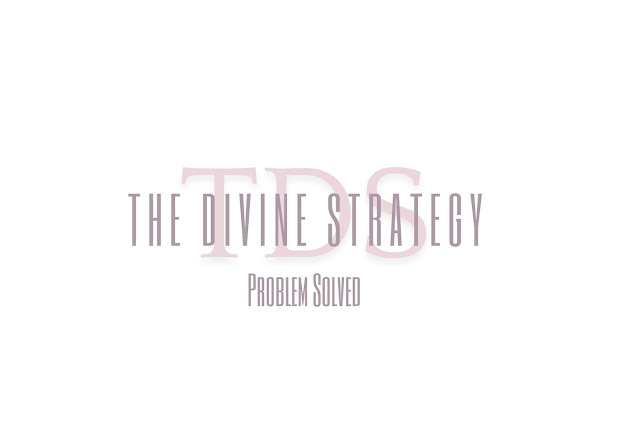The Power of Each Day: Approaching Rosh Hashanah
The 25th of Elul is the day H'shem created the world, according to Jewish tradition. We are about to embark on a fascinating journey, learning the power and purpose of each day leading up to and including Rosh Hashanah. Momentous occasions in our history are commemorated, not just celebrated. As we contemplate what we are about to experience, let's delve into an interesting question.
One is not to sit and ponder what was before creation. However, one question brought up by a searching soul to a Chabad Shaliach is thought-provoking: "We know there is a GD," he says, "for everything created needs a creator, so who created GD." As a believer, one might be at a loss on how to express what is profoundly known to be true, that GD IS! Rabbi Aron Moss's response provides insight:
"Your question can be answered by following a few logical steps. Before creation, there was nothing but GD. Nothing. When we say that GD is the Creator, we don't just mean He created solid objects. We mean He created everything. Anything you can think of was once not, and GD made it be. That means that even concepts were created by GD. One concept GD introduced is the very concept of creation. GD came up with the idea that you can have nothing and make something out of it. The whole concept of creating was GDs idea in the first place. Just as it is obvious that the person who made the first cartoon was not himself a cartoon, so too GD, who invented the concept of creation, is not Himself a creation. GD, the Creator, never changes. He is always the same; He always was and always will be. Humans, created beings that we are, do not remain the same. We once were not, were brought into being, and will one day be no longer. And that is why humans are so special. Because as creations, we—you and I—have the power to change. That's the gift of being human".
The idea that humans have an advantage in the fact that they can change leads us to search further. Rabbi Benjamin Blech quotes Maimonides's illustration of how we should view the impact we as humans have on changing the world. In his Laws of Repentance, Maimonides taught:
"Everyone needs to think that as H'shem judges the world in His annual review before the High Holy Days, He finds it perfectly balanced between its sins and good deeds. Divine judgment withholds its final decree until you are brought into the equation. And if your deeds also seem to be almost perfectly balanced between the good and the evil, then one, just one additional good deed, no matter how small, can be the one to tilt your judgment favorably, which in turn would decide the fate of all of humankind".
How inspiring to hear the words of the Rambam, that each and every one of us could bring salvation to the entire world by choosing to do one more Mitzvah or act of kindness!
Rabbi Benjamin Blech continues by quoting the Vilna Gaon on the period we are currently living in. Says the Vilna Gaon:
"We are currently living in - the century which corresponds to Parshas Nitzavim-Vayeilech, which is commonly referred to as the portion of repentance (Deut. 30:2). Not surprisingly, in the years since World War II, we have seen an extraordinary wave of unaffiliated Jews returning to their roots on an unprecedented scale, precisely as predicted by the Torah."
If we live in the era of repentance, why is the process so daunting? Commemorating the Hilula/Yahrzeit of the Chofetz Chaim, on the 24 of Elul, let's consider a quote on Teshuvah from Rav Yisroel Meir himself as written by Rabbi Ozer Alport:
"It is actually quite easy to do the Mitzvah of teshuva - repentance. The minimum requirements to fulfill this obligation are few and are within the reach of every Jew: Ceasing to transgress, confessing one's past actions and expressing regret over them, and accepting upon oneself not to transgress again. Unfortunately, the evil inclination attempts to convince the person that proper repentance is so difficult and involves so many complex components that he will never succeed in correctly doing so, thereby causing him to give up the effort without even trying".
The Chofetz Chaim's words should inspire each of us to throw ourselves into the Teshuvah process. How, though, can we ease our dismay at the majority of the world not being aware of the need and ease to make positive resolutions? Rabbi Blech quotes the Chofetz Chaim when asked how he made such a significant impact on the Jewish world. This is how The Chofetz Chaim answered:
"Originally, I set out to change the world, but I failed. So, I decided to scale back my efforts and only influence the Jewish community of Poland, but I failed there, too. So I targeted the community of my hometown of Radin, but I achieved no greater success. Then I gave all my effort into changing my own family, and I failed at that as well. Finally, I decided to change myself, and that's how I had such an impact on the Jewish world."
As we sit on the threshold of creation, let us internalize these words and the power of the Chofetz Chaim to make small but significant changes to truly impact the world as only we can.

Comments
Post a Comment